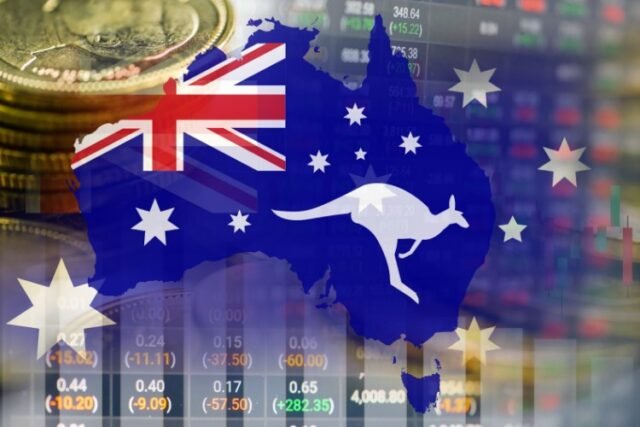
Australia has been the hub of forex trading for a legion of forex traders worldwide, specifically due to its stable economy, transparent regulatory environment, and high liquidity in the currency markets. These factors make it an attractive option for investors looking to trade in the Australian dollar or AUD. However, before diving into the world of forex trading in Australia, it is important to understand key facts and considerations that can impact your trading success. So here are a few key facts to be considered:
Regulations and Licensing
The Australian Securities and Investments Commission (ASIC) is an Australian government agency responsible for protecting consumers and investors and promoting confidence in the Australian financial system. ASIC regulates derivative products such as foreign exchange contracts (forex, FX, or currency trading), including margin lending and short selling. As with other derivatives, currency trading is regulated and supervised by ASIC.
Australian Forex brokers must hold an Australian Financial Services Licence (AFSL), which authorizes them to provide financial services for a fee. It is very important for every company offering forex trading services in Australia to be licensed and regulated by ASIC. As a forex trader, you must choose one of the best forex brokers in Australia. The broker must be licensed and regulated by ASIC so that you can avoid encountering any issues eventually.
Market conditions Impact
The prices of various key commodities, like iron ore, coal, gold, etc., play a stellar role in influencing the Australian Dollar. That said, it is important for forex traders to keep a tab on the market conditions consistently and how the same affects the national currency. In the meantime, it is worth noting that other factors, such as the release of the interest rate decisions and economic statements released by the Reserve Bank of Australia (RBA), also critically affect the Australian Dollar.
Leverage and Margin
Forex trading in Australia will offer you a high leverage ratio while also allowing you to maximize your potential gains. Still, at the same time, it also poses a certain level of risk.
More is not always more when it comes to trading on the foreign exchange market: some traders prefer a lower leverage ratio because they are uncomfortable with taking on as much risk. With this in mind, forex traders must be familiar with the potential risks of high leverage and ensure that they have an appropriate risk management strategy.
From the start, it is important to be clear about your goals and how you want to manage your positions – so it’s worth speaking to an expert before setting up any trades.
Taxation on Trading
It is worth noting that forex trading in Australia entails traders paying capital gains tax, which is computed depending on the profit traders have gained. That is why it is important for traders to have a general knowledge of tax obligations and seek professional advice if necessary.
Gains or profits derived by trading in financial products are treated as ordinary income and thus taxed at the applicable marginal tax rate. The Australian Tax Office (ATO) provides simple rules for calculating deemed profit.
Generally, you will pay capital gains tax if you have a personal use element in your forex transactions. For example, if you purchase USD with AUD and intend to change it back later for AUD, you may be liable for capital gains tax.
Customer service and support
Another important factor to consider when choosing forex brokers is their customer support service. Putting it simply, great consideration should be given to the type and level of customer support service in terms of the support team’s responsiveness, including the range of educational resources and tools provided.
After all, having the correct customer service and support is essential if any trader is serious about protecting their portfolio. Yet, they are often unaware of this and may not fully understand how important this service is.
Conclusion
Forex trading in Australia is undoubtedly available for traders due to the multiple cost-effective opportunities it offers. Still, before embarking on forex trading in Australia, it is always good to survey various salient factors and considerations (as mentioned above) that have the potential to influence your trading success.
In simple words, to make their Forex trading initiative most possibly a real success, all new traders should give due attention to the regulations and market conditions, including various factors, for example, leverage, taxation, customer support, etc.











